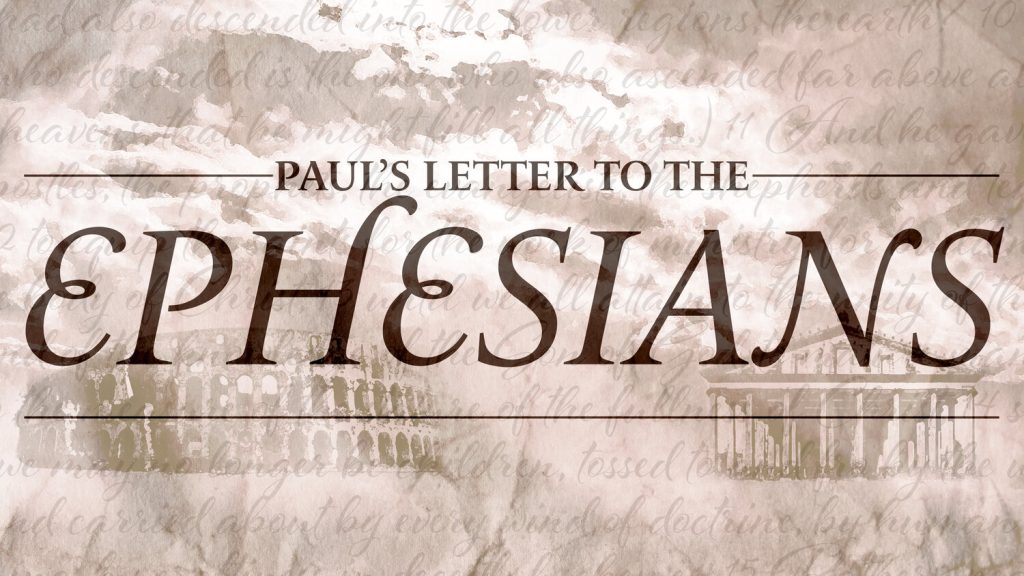Tonight we are reading through Ephesians 2:11-22. Here, Paul writes about the peace and reconciliation found in Christ Jesus. He ends this section of his writing with two analogies of the incorporation of the Gentiles into the promise made to Abraham and his descendants that all nations will be blessed through him.
Fellow-citizens: (vv.17-19)
The first analogy Paul uses is one of citizenship. In verse 19, Paul writes that the Gentile members of the church were once foreigners (Gk: xenos) or resident aliens (Gk: paroikos). They were outside of the household of God, or at best second-class members. But now, through Christ’s abolition of the dividing wall of the Law, Gentiles have become fellow-citizens (Gk: sum-polites) with the Jews. There is always an inherent tension between citizens and non-citizens, but in Christ there is no longer a category of “non-citizen” cause everyone equally belongs.
The New Temple: (vv.20-22)
The other analogy that Paul uses is that the church is the new temple of God. The old (then-existing) Jewish Temple in Jerusalem was the center of the Law. In its Holy of Holies, was the very dwelling place (Heb: Shekhinah) and manifested presence of God. But the Law and all of its manifestations have been overcome by Christ. Paul’s vision is that God is building Jew and Gentile together into the church to create the true dwelling place for God where God’s presence in the world will be truly manifested. The foundation of this new building where God dwells is the teachings of the apostles and (Christian) prophets. See, Ephesians 4:11. Jews and Gentiles are the walls. Although they come from different quarries, these two types are joined together in Christ who is the head of the corner. See, Mark 12:10, 1 Peter 2:4-8. (The “head of the corner” is located at the top of a building that joins two walls, not the cornerstone located at the base of the building.)
Realized Ecclesiology: (vv.17-22)
As we discussed last week (vv.8-10), Paul preaches a “realized eschatology” meaning that the benefits of Christ – light, life, peace, power, etc. – are given to us not only in the hereafter but in the present. We “have been saved through faith” not “will be.” In the same way, in these verses, Paul is preaching a “realized ecclesiology.” The church as a place of peace and reconciliation between different peoples is not simply an ideal that will only be achieved eschatologically, but is (and should be) the actual current situation. We, as the church, are the place of peace where those things that divide human society are abolished and all are one in Christ.
SCHEDULE: The women’s Bible study starts back this Wednesday from 10 am to noon. They are reading Beth Moore’s study of Esther.
Dinner is at 6. The menu is beef stroganoff. Discussion about 6:45. Compline at 8. Hope to see you here!
What then is Apollos? What is Paul? Servants through whom you believed, as the Lord assigned to each. I planted, Apollos watered, but God gave the growth. So neither he who plants nor he who waters is anything, but only God who gives the growth. He who plants and he who waters are equal, and each shall receive his wages according to his labor. For we are God’s fellow workers; you are God’s field, God’s building. 1 Corinthians 3:5-9

